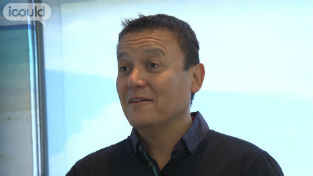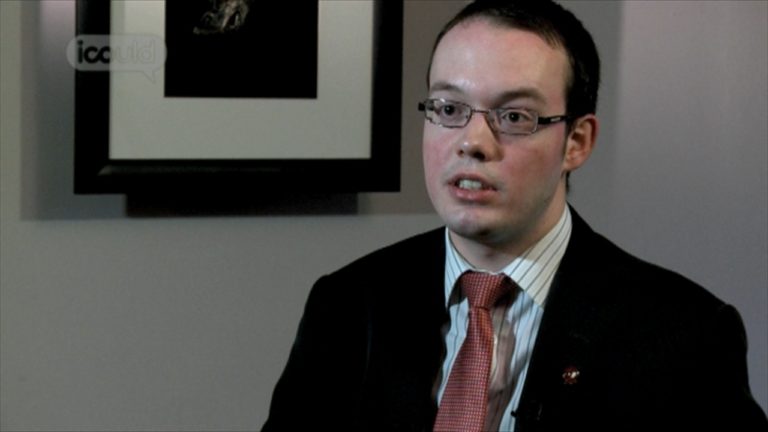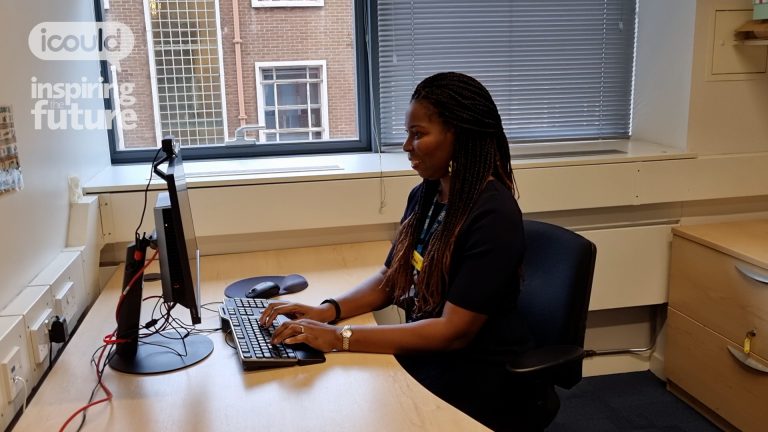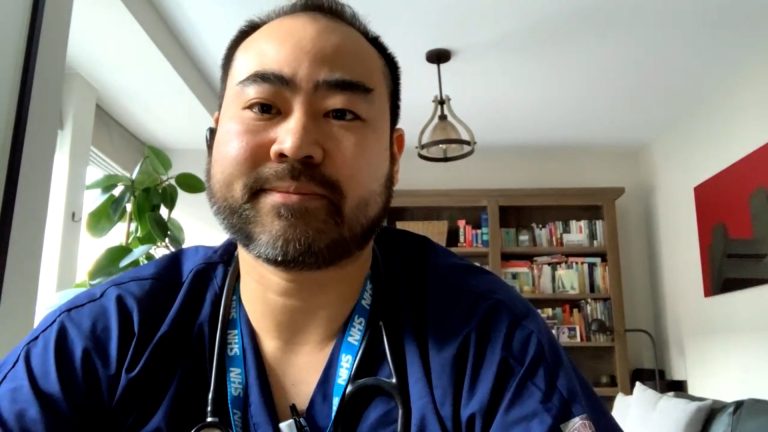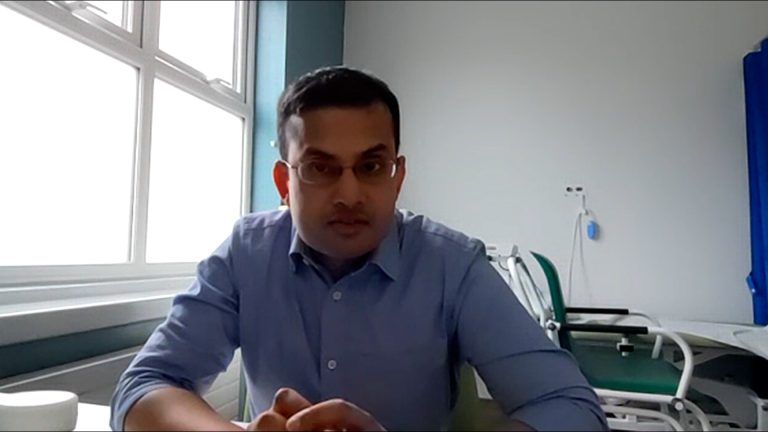HR Project and Recruitment Manager
Yorkshire Ambulance Service
Matt H
Hello my name is Matthew Hammonds and I’m an HR project and recruitment manager at Yorkshire ambulance service NHS trust.
It’s a broad job role really in that I am acting in to the recruitment manager role at the moment the HR projects is the core of my job but it involves operating and managing the recruitment team on a day to day basis developing the recruitment service for Yorkshire ambulance service.
It was my first position after the NHS graduate management training scheme I was on the scheme for two years working across three different trusts.
I wanted to do something different to be honest, throughout university I worked full time as an assistant manager at blockbuster entertainment and also in-between that I worked for six months in HR in retail as part of my university degree and then went back to Blockbuster working full time afterwards and from getting the operation and business experience from blockbuster itself and also from Marks and Spencer’s where I worked in retail.
I decided I wanted to pursue my HR career because I was definitely set on pursuing HR as a career but I wanted to do something different and work in a sector that meant more than just influencing the bottom line.
I’d heard about the NHS scheme before because it was something I’d look at through university it was something I looked at initially when I was looking at my university placement but I decided because my background was in retail to try more retail based placement as part of my degree. I feel that if I’d not had that operational management background then I might not have had the skills and experience such as people management, such as managing customers, such as business management if I’d not had that operational background I don’t feel like I’d be where I am today.
My dad was an electrician, both my parents are retired now, my mum worked in a local shop. So I was the first in my family to go to university. From an early age I actually studied music and I played the organ, keyboard and piano. I actually got my diploma from the Victoria College of music which was just an hour a week from between the ages of five and fifteen. As I went through school obviously I did the same general subjects as anybody does at school, English, maths and science. I took two IT subjects at sixth form because I thought at the time I would like to pursue a career in information technology and did business studies as a sort of extra because it was something I’d not really done before but I found through that, that I had a natural flair for it and really enjoyed it. That diverted me away from wanting to pursue a career in IT.
For me what University degrees are lacking nowadays is actual practical work experience.
People sort of move away to university and don’t get a lot of practical work experience because they only really get it if they need to fund themselves through. But for me, even though it wasn’t directly related it was very valuable when I started looking for a job because it was something that set me apart from other people, for me the NHS used to be just a hospital and a doctor’s surgery and maybe a dentist but it’s so much more than that and I don’t think a lot of people recognise the complexity of it as an organisation.
I think people at a young age panic and worry if they get to the age of fifteen, sixteen, when they’re heading into collage and don’t know what to do ‘What I would say is you’ll would probably go through two or three times where you think ‘I think I’ve decided what I want to do’ before you actually truly decide what you want to do and a lot of the time and certainly I found in my experience and a lot of people who I speak to who are set in their careers now, tend to fall in the career you are in by accident but end up really loving it and knowing it is the right career for you.
Matt gained some practical work experience in retail before being offered a place on the NHS Graduate Management Training Scheme. He was the first in his family to go to university and knew that he was interested in working in Human Resources on completion of his degree. His passion away from work has always been music, and from an early age he excelled at piano, keyboard and organ.
More information about Charitable organisation managers and directors
The UK average salary is £29,813
There are 37.5 hours in the average working week
The UK workforce is 47% female and 53% male
Future employment
- Plans, organises, coordinates and directs the resources of a special interest or charitable organisation
- Helps to formulate and implement charitable organisations' policies and ensures these meet legal and statutory provisions
- Represents their charity in consultation and negotiation with government, employees, trustees and other bodies
- Generates income by co-ordinating funding bids, organising appeals, and managing relationships with funders
- Stimulates public interest by providing publicity, giving lectures and interviews and organising appeals
- Directs or undertakes the preparation, publication and dissemination of reports and other information pertaining to the organisation




